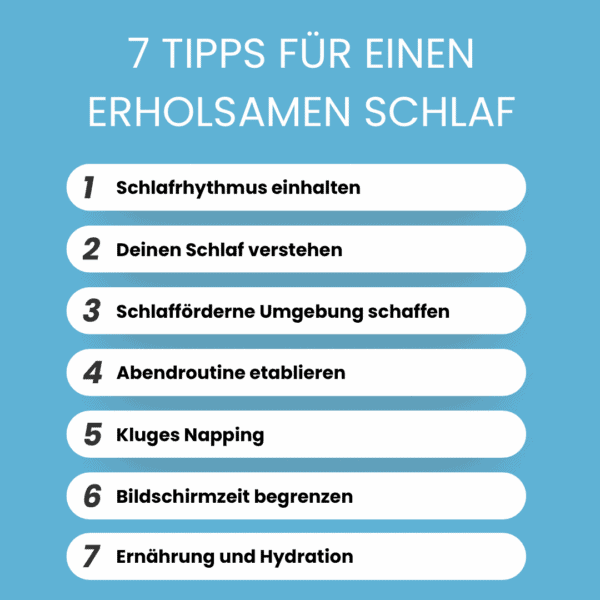The synergy of sleep and training
Athletes at all levels, especially young athletes in their developmental years, face significant challenges from training and competition. While nutrition and physical training are often prioritized, the importance of sleep for performance enhancement is frequently underestimated. Recent research highlights how closely sleep and athletic performance are linked, offering valuable insights for optimizing training plans and improving overall athlete well-being.
Effects of sleep deprivation on performance
Sleep is essential for physical and mental health. Poor sleep quality and insufficient sleep duration can significantly impair athletic performance by reducing reaction times, decreasing accuracy, and increasing fatigue. Young elite athletes in team sports face unique sleep challenges, including longer times to fall asleep and disrupted sleep-wake cycles due to training schedules and academic pressures.
Enhancing performance through sleep optimization
Longer sleep durations have been associated with improved performance metrics such as speed, accuracy, reaction times, and mood. Strategic sleep management, including maintaining a consistent sleep schedule and optimizing the sleep environment, can significantly enhance recovery and performance.

Practical sleep strategies for athletes
1. Maintain consistency: Stick to a regular sleep schedule to help regulate your body’s clock. This means going to bed and waking up at the same time every day, even on weekends.
2. Understand your sleep needs: Tailor your sleep duration to your individual needs. Most young athletes benefit from 9-10 hours of sleep per night for optimal recovery and performance.
3. Create a sleep-conducive environment: Ensure your bedroom is quiet, dark, and cool. Invest in a quality mattress and pillows to support restful sleep.
4. Establish a bedtime routine: Engage in relaxing activities before bedtime, such as reading or meditation, to signal to your body that it’s time to wind down.
5. Nap smartly: Short naps of 20-30 minutes can improve alertness and performance without interfering with nighttime sleep.
6. Limit screen time: Reduce screen exposure at least an hour before bed to minimize blue light interference with sleep onset.
7. Diet and hydration: Avoid heavy meals and caffeine close to bedtime. Opt for light snacks if needed and ensure you’re well-hydrated throughout the day.
By implementing these strategies, athletes can maximize their recovery and elevate their performance to new heights. Sleep is not just a passive recovery phase but an active part of the training process that must be carefully managed.



